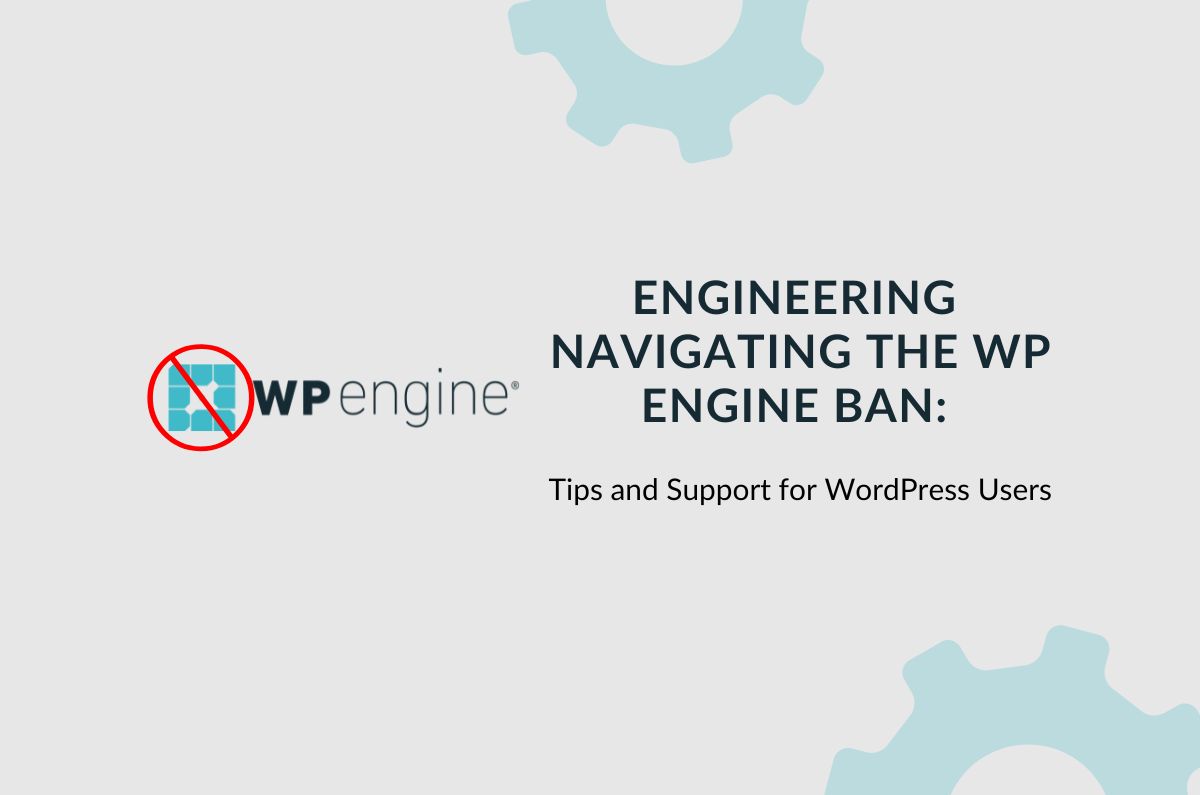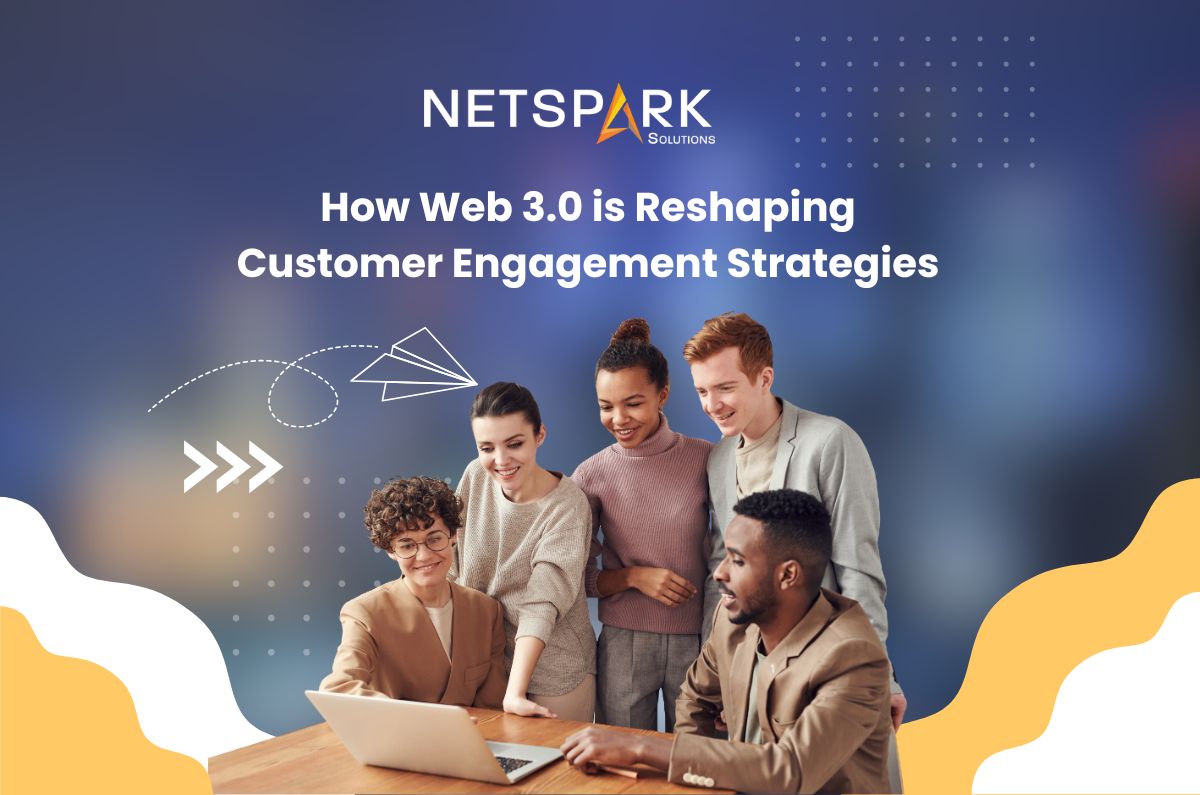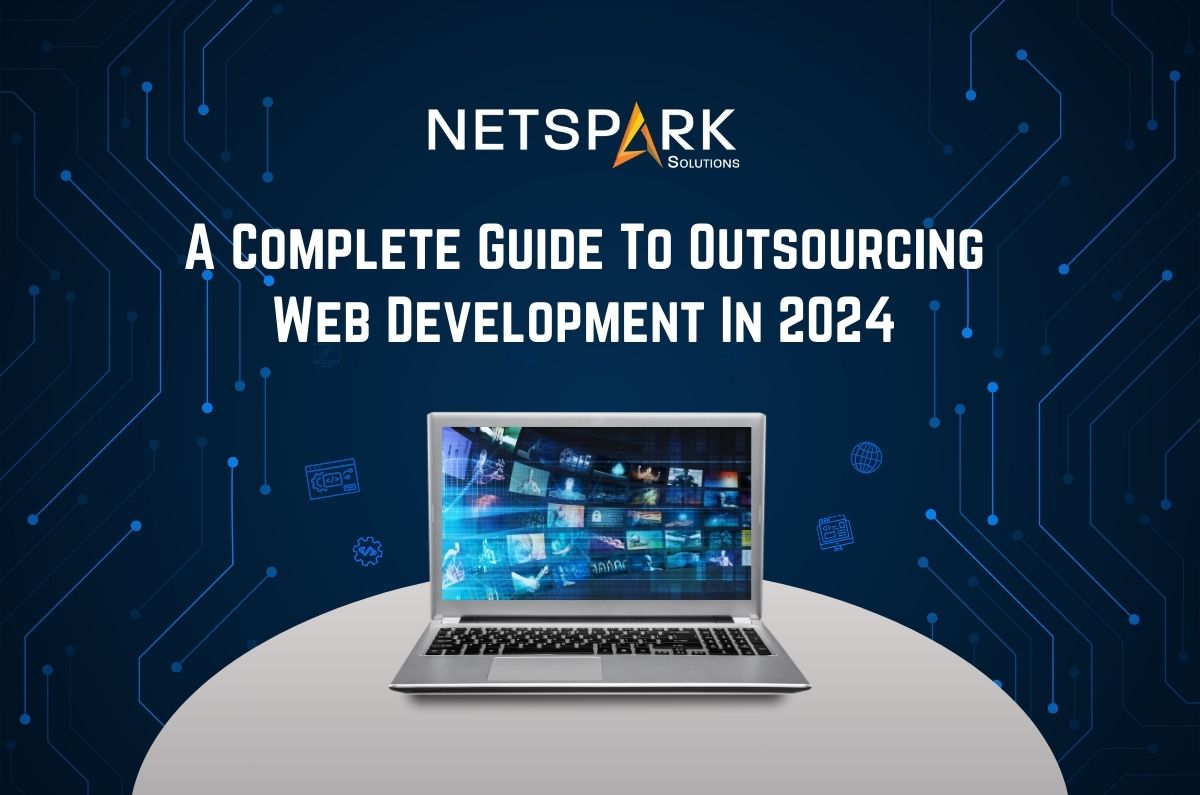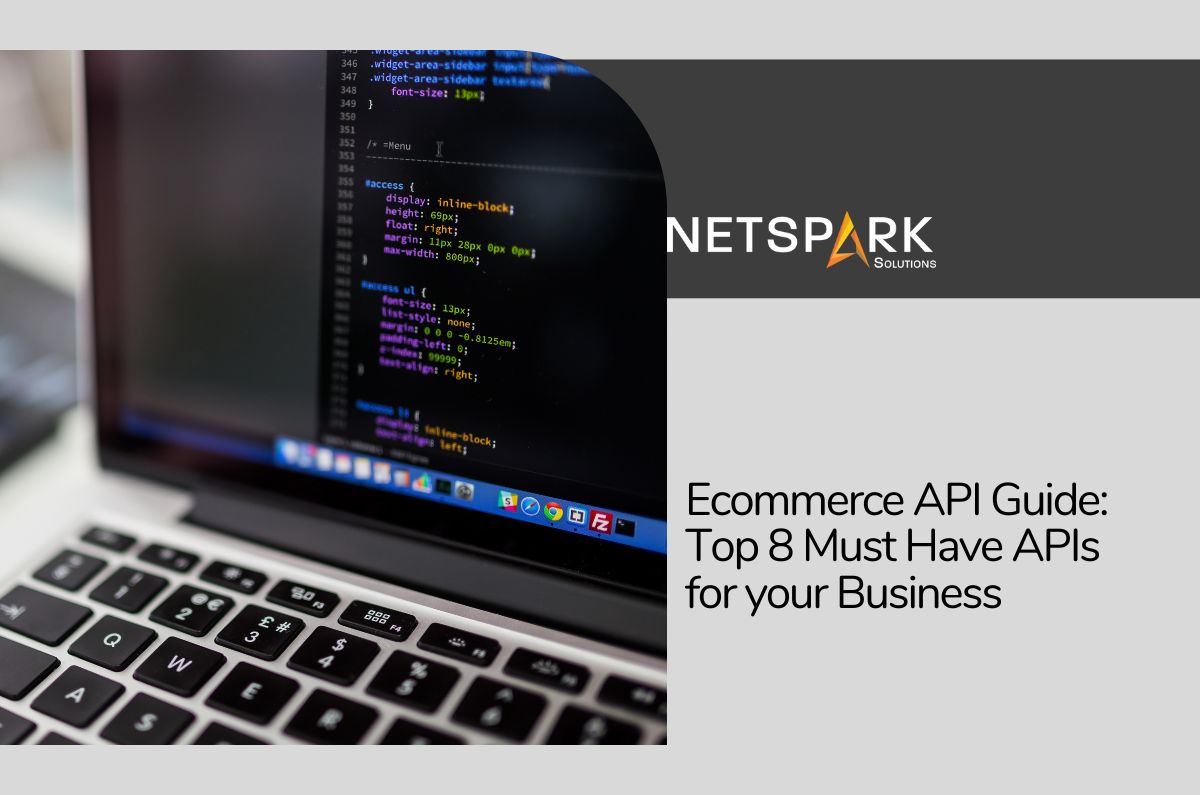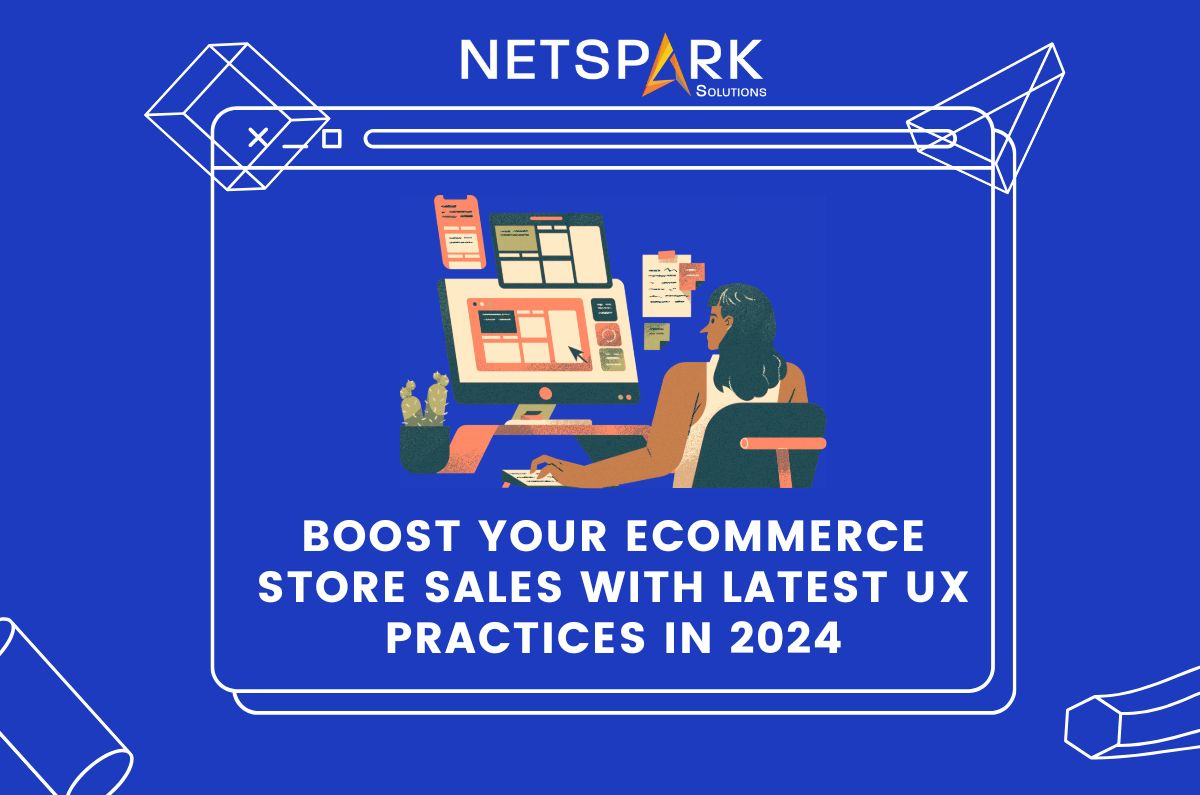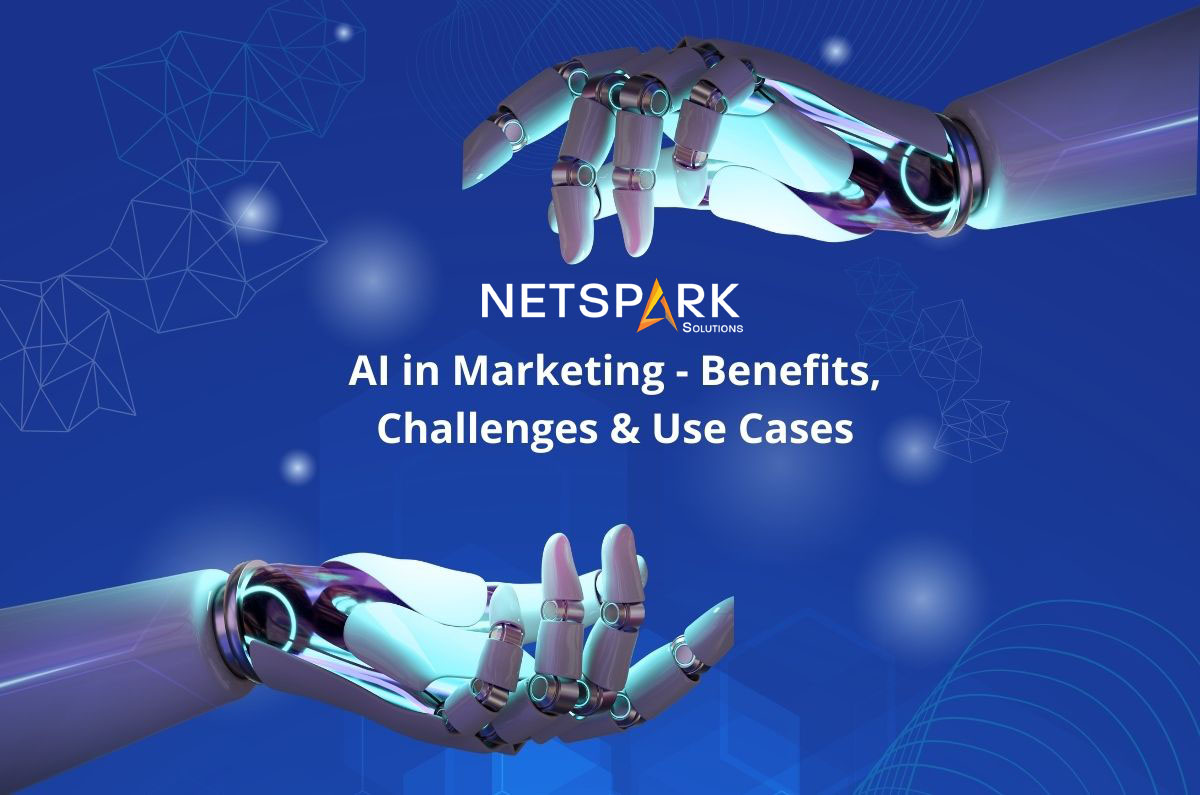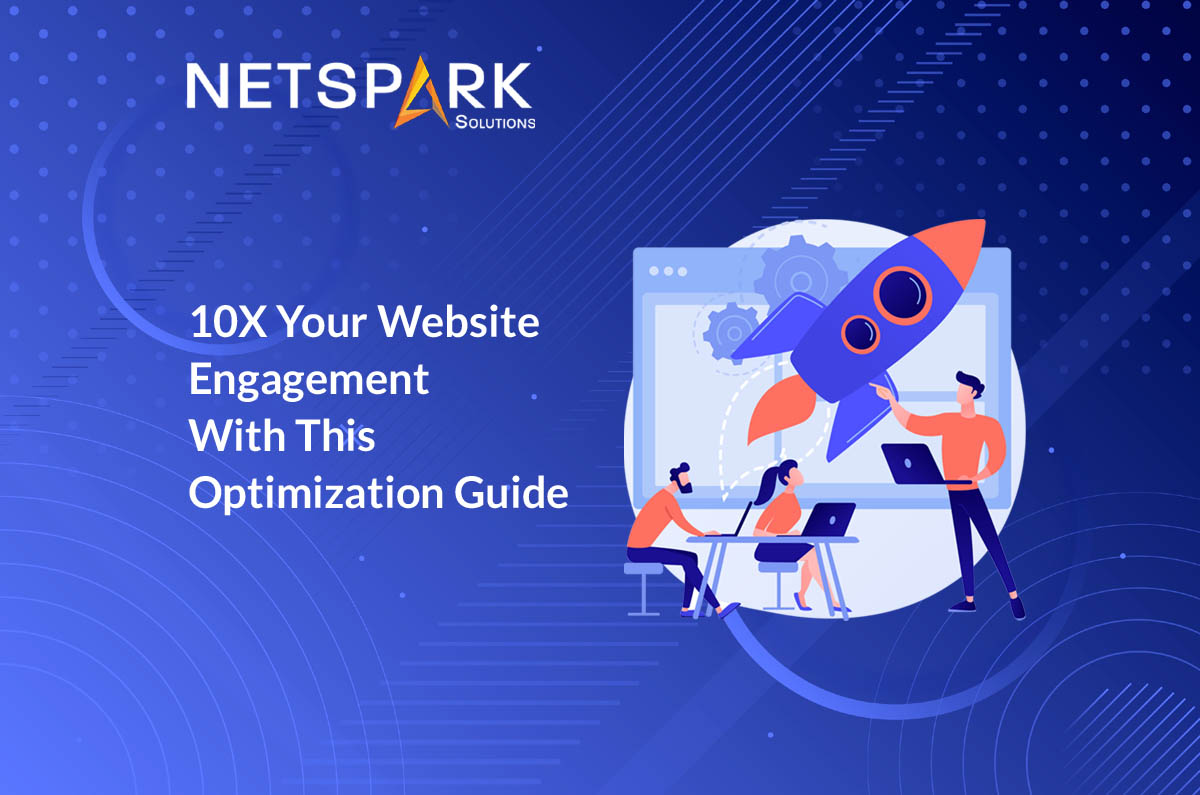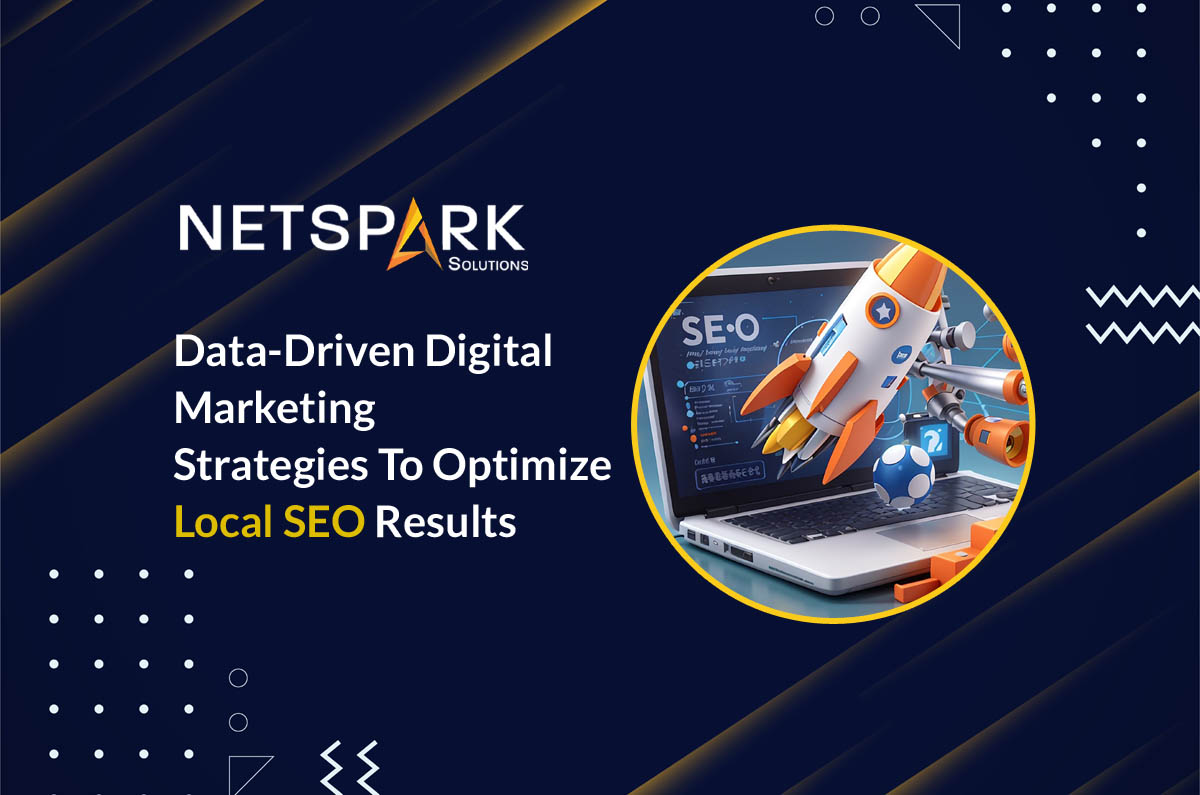We’re living in an era where businesses can’t survive without an effective digital presence. While there are multiple ways to strengthen your online presence, launching a website is the first step of the journey. A website can help you embrace the digital transition and showcase your services/USPs to the world. It can also help you sell products and attract customers from different corners of the world.
Now, when it comes to launching a website, the first decision you’ll have to make is choosing the right CMS platform. A CMS is basically a web-based application that allows users to manage and customize the content of their website without writing a single line of code. With a Content Management System (CMS), anyone can launch and scale their website, even if they don’t have any coding expertise. As of 2022, nearly 64 million websites are powered by a dedicated CMS platform. In short, CMS platforms have made it way more convenient for non-technical users to launch and manage their websites easily.
But, which CMS is right for your website? With more than 1,000 individual CMS solutions, it’s always challenging for entrepreneurs to choose the right platform for their websites. Each CMS is designed to meet specific requirements. So, you’ll have to analyze your business objectives carefully and then make the right decision accordingly.
To make your job easier, we have compiled a list of the top 7 CMS platforms you can use for website development in 2022. So, if you’ve struggling to pick the right CMS solution for your website, continue reading; this guide will help you compare different available options more effectively.
What is a CMS?
In simple words, a CMS (Content Management System) is a solution that allows users to construct a website from scratch without writing even a single line of code. Ideally, when a web development team builds a website, they have to write code using different programming languages such as HTML, CSS, and JavaScript.
However, a CMS solution eliminates the requirement of any coding and gives users an easy-to-use infrastructure to build their websites from scratch. In general, a CMS solution comes with built-in tools that help people with non-technical backgrounds construct the front-end of their website.
Now, when it comes to choosing the right CMS solution, you’ll have to focus on your core business objectives. But, there are a few key features that you must always look for in a CMS solution so that it becomes easier to manage and scale the website in the near future.
These features include:
- Your preferred CMS platforms should be easy-to-use. The whole point of using a CMS solution is to minimize the hassle of website development. So, it would make more sense to choose a platform that offers an easy-to-use interface and doesn’t have any complex elements.
- Your CMS platform should provide complete customization support so that you can easily build a personalized web solution to represent your brand. Customization simply means the website owner should have the liberty to tweak different elements of the website without any hassle.
- Security is one of the major prerequisites of a CMS platform. Since cyber threats are becoming more common these days, it would be imperative to choose a CMS solution that ensures 100% security.
- While choosing a CMS solution for your website, you should also focus on third-party integration support. The general thumb rule says that a great CMS platform should work well with third-party add-ons so that people can uplift the overall functionality of their website.
- Finally, great customer support should also be a deciding factor on your list. In case you ever run into a technical glitch with your CMS solution, you should be able to tackle it within a few minutes. This is only possible when the CMS is backed by a strong customer support team.
Top 7 CMS Solutions to Build Your Website in 2022
So, now that you know how to choose a CMS platform, let’s dive into the list of top 7 CMS platforms you can use to build a website in 2022.
1. WordPress
WordPress is undoubtedly the most popular CMS platform that supports nearly 42.9% of all websites on the Internet. Back in 2013, WordPress started as a simple blogging platform, which then evolved into a full-fledged CMS solution.
Today, you can use WordPress to design different types of web platforms including blogging portals, ecommerce stores, and conventional service-based websites. Being an open-source CMS platform, one can start their website with WordPress without any initial investment.
The intuitive user interface with drag-&-drop functionality ensures that users can create their websites within a few minutes. One of the biggest USPs of WordPress is its extensive scalability support. With different hosting options, your website can easily accommodate the inbound traffic without experiencing any downtime.
Key Features:
- WordPress has an extensive selection of ready-to-use themes that you can use to construct a website easily
- As compared to other CMS solutions, WordPress is comparatively more affordable
- WordPress is SEO-friendly and offers a wide variety of built-in options to optimize your website for better search engine visibility
- WordPress also supports third-party add-ons and extension support, allowing website owners to integrate the desired functionalities into their websites
2. Shopify
Shopify is an all-in-one self-hosted CMS solution that allows retailers to set up their online stores and start selling products to the target customers. Being a self-hosted platform, retailers don’t have to buy third-party hostings. Instead, they can jump straight to building their online store and uploading the product catalogs.
Shopify also has a built-in store where you can find thousands of ready-to-use themes and use them to construct your online store without any interruptions. Another cool feature of using Shopify for ecommerce development is its support for third-party APIs and add-ons.
You can integrate your email marketing tools and third-party payment gateways to make the website more user-friendly. One of the key features of starting an online shop with Shopify is its ability to support ecommerce stores of all sizes.
Whether you want to set up a single-page shop with limited features or a fully-functional ecommerce shop with multiple product pages, Shopify will provide you with all the essential tools to set up your store.
Key Features:
- With default PayPal support, you can give customers the option to pay from their PayPal account
- With the basic plan, even small businesses can start their online store and access the majority of the features
- Enterprises looking for advanced features can sign up for Shopify Plus for better functionality
3. Wix
In the recent few years, Wix has managed to become one of the most popular CMS platforms for website development. It follows a ‘no-code web building’ rule, which means anyone can set up a website and customize it to acquire better customer engagement.
Wix is an ideal choice for absolute beginners who have no idea how HTML, CSS, or JavaScript works. It has a drag-&-drop builder where users can control each element of the website and customize it to meet the overall brand theme.
Wix also has its exclusive marketplace that you can access to add third-party applications to your website and enhance its overall performance. For instance, you can integrate custom email marketing tools to manage your email marketing campaigns more conveniently.
However, Wix isn’t an ideal choice for businesses that want to launch an enterprise-level website with advanced features. Why? Because the customization support in Wix is relatively poor and you will most likely switch to a different CMS platform while working on a complex website.
Key Features:
- Wix provides a free version to help small businesses set up their shop without paying anything upfront
- All the themes available on the Wix marketplace are responsive, which means you can construct websites that’ll deliver the same browsing experience across all platforms
- There are 500+ ready-to-implement templates that can be integrated and customized with a single click
4. Joomla
Joomla is a tech-driven CMS solution that’s gradually emerging as one of the most reliable CMS solutions. It offers advanced functionality to construct high-performance feature-packed websites. Being open-source in nature, Joomla is completely free and allows users to integrate third-party hosting and plugins.
However, the only downside of Joomla is its complex user interface. If you are not familiar with HTML, CSS, and JavaScript, you’ll find it challenging to access all the features of Joomla. As a result, it’ll become difficult to build a user-centric web platform.
If you want to choose Joomla as your CMS solution, you’ll also have to hire a team of experienced Joomla developers. The developers are most likely to be familiar with Joomla’s architecture and will help you set up a fully personalized store for your brand.
Key Features:
- With Joomla, you can launch easy-to-navigate websites with multiple sub-pages
- Joomla boasts high security, thanks to its two-factor authentication. By enabling 2-factor authentication, you’ll be able to restrict unauthorized access to your website
- Joomla supports 70+ languages, allowing entrepreneurs to launch multilingual websites
5. Hubspot CMS
Hubspot CMS is another popular Content Management System (CMS) and Customer Relationship Management (CRM) system that’s ideal for business owners and marketers looking for an all-in-one website builder with advanced marketing tools.
Hubspot CMS has an easy-to-use website builder with drag-&-drop functionality, allowing beginners to easily construct their websites and make them user-friendly.
You can even customize the position of logos and navigation bars to ensure your website looks consistent across all the platforms. Adaptive testing is what separates Hubspot CMS from other available options. With adaptive testing, you can simultaneously run five different versions of your web pages and test their real-time performance to understand user preferences more effectively.
Key Features:
- A fully integrated CMS and CRM solution for enterprise-level websites
- You can integrate HubSpot’s own email marketing tool to run and manage your email marketing campaigns for better reach
- As compared to other premium CMS solutions, Hubspot is an affordable option as its basic plan starts from as low as $45 per month
6. Magento
Magento is an open-source ecommerce platform that powers nearly 170,000 ecommerce websites across the globe. Though its market share isn’t as extensive as other ecommerce CMS solutions like Shopify, Magento still has one of the most powerful and driven communities in the web development market.
With Magento, business owners can build high-performance, completely secure, and sales-driven online stores to take their retail business online.
But, since it’s more inclined towards delivering high performance, Magento has a steep learning curve and beginners might find it tedious to build a new website from scratch.
Key Features:
- Magento allows retailers to set up and run their online store for free
- Being open-source, you can build customized themes and layouts to deliver a personalized shopping experience on your website
- With Magento’s paid version, you can launch high-performance enterprise ecommerce stores with thousands of product pages
7. Drupal
Drupal is one of the highly secure and stable CMS solutions that can be used to build secure web platforms for different niches. Drupal is also an open-source CMS platform that allows people to build fully customized websites with custom data management support.
Drupal can be used to analyze the demographics of your target customers and then customize the website according to their preferences. This way you can launch user-centric websites that have the potential to engage the visitors and convert them into long-term customers.
Key Features:
- Drupal is one of the highly secure CMS solutions
- You can get started with Drupal web development with just a domain name and hosting plan
- Drupal supports advanced customization, allowing entrepreneurs to launch bespoke web solutions
Conclusion
At this point, you are already familiar with the top 7 CMS solutions that can be used for web development in 2022. Of course, there are other available options in the market, but these are the platforms that’ll help you get started with web development and launch a custom web platform to represent your brand in the digital world. In case you are still not sure which CMS solution is right for your website, get in touch with our expert CMS developers. They’ll analyze your business requirements and help you choose the most suitable CMS platform to take your business online.



